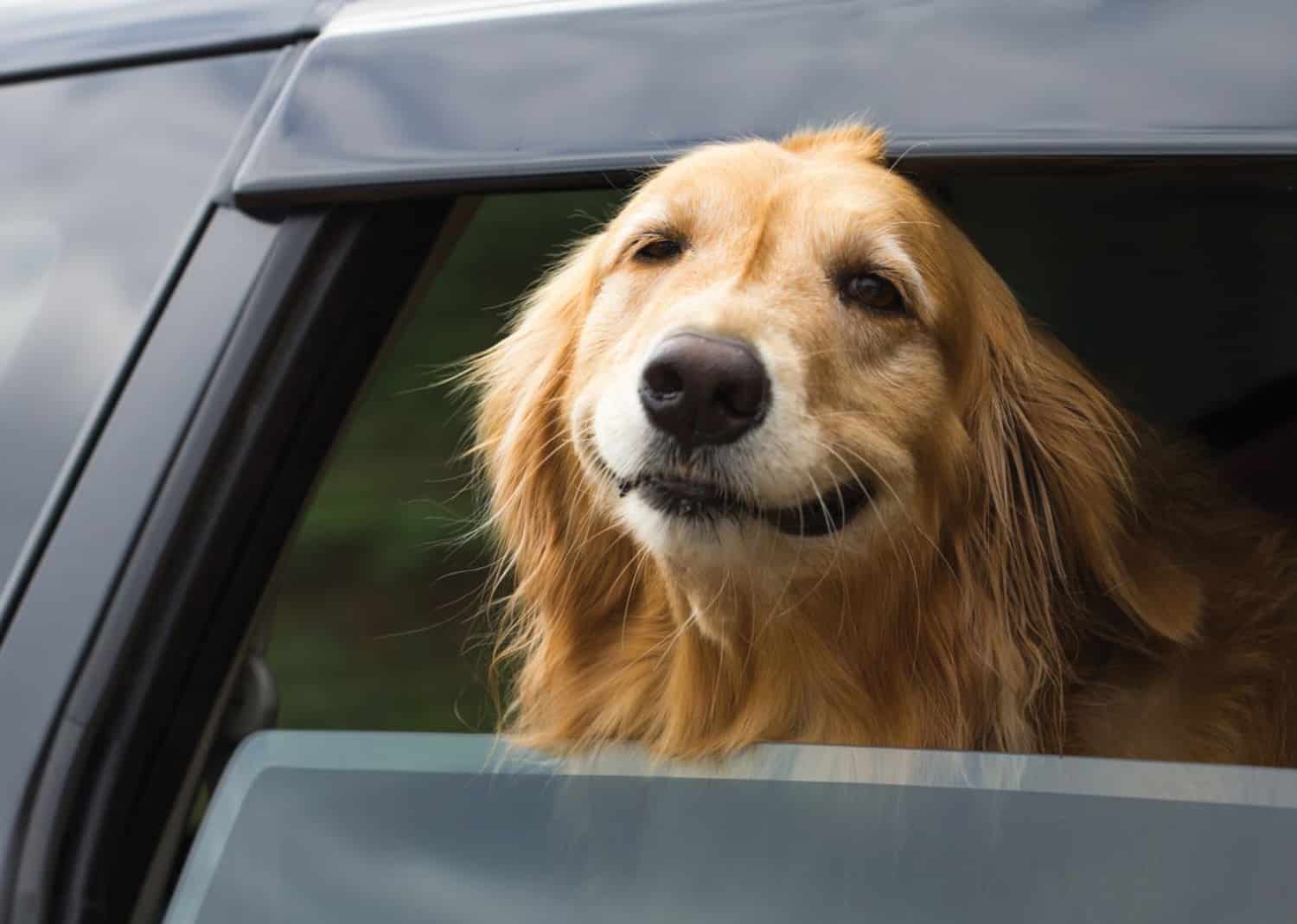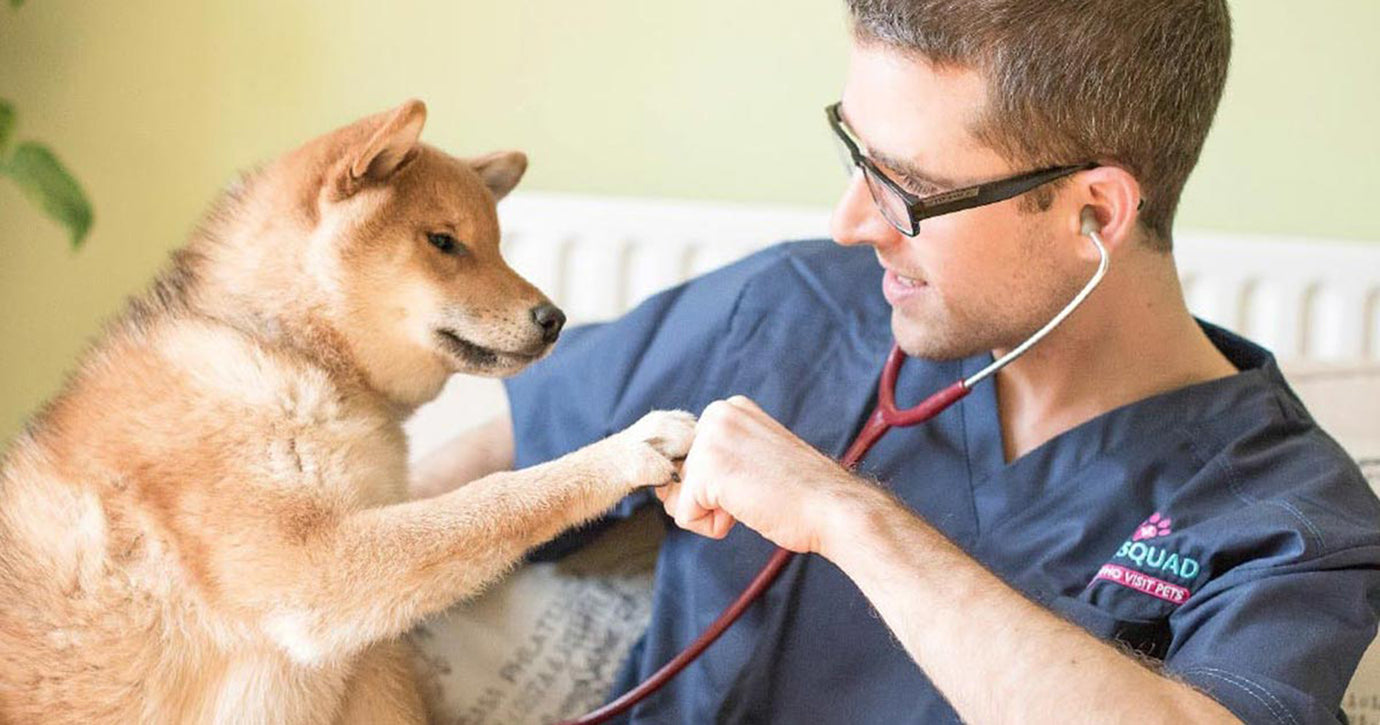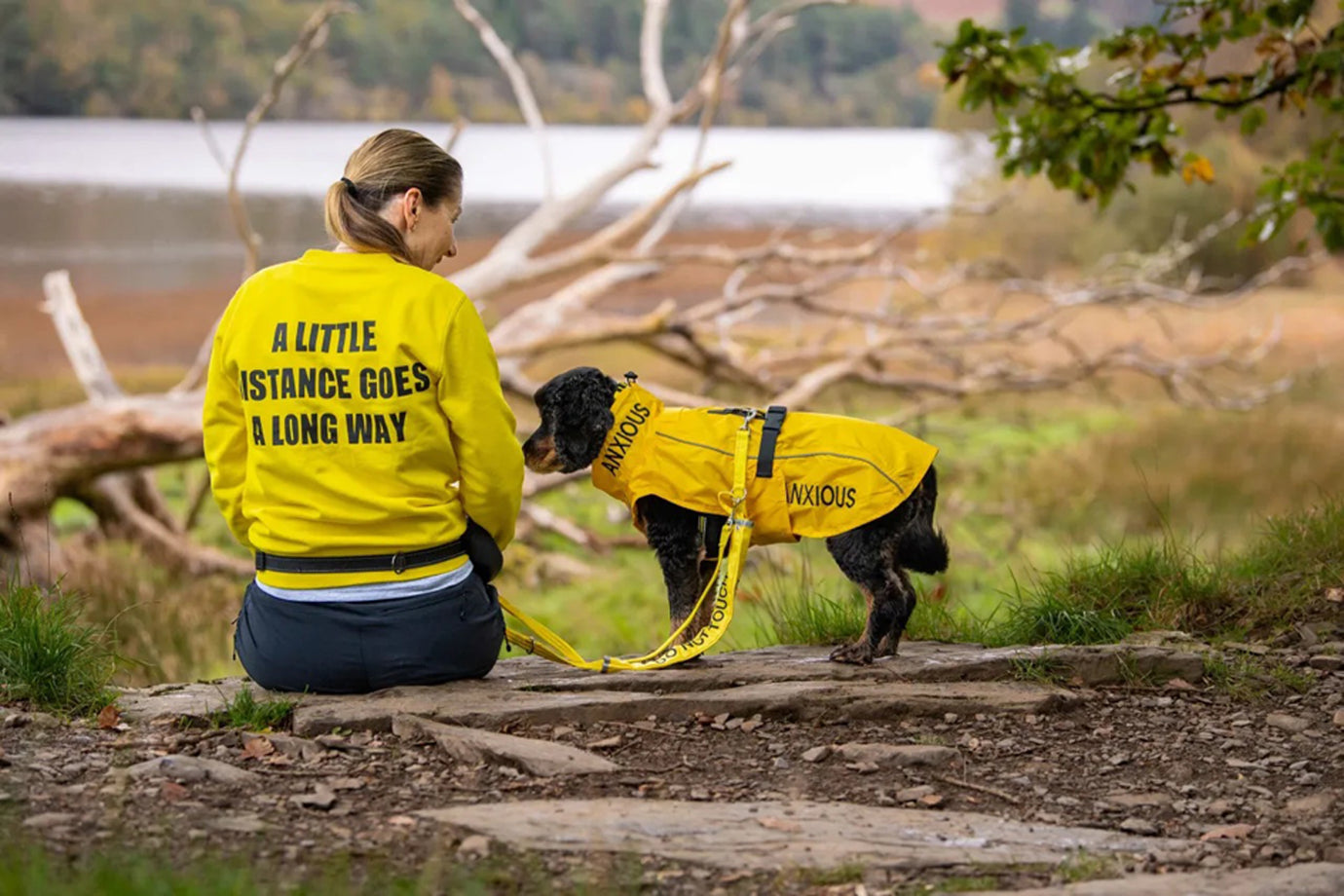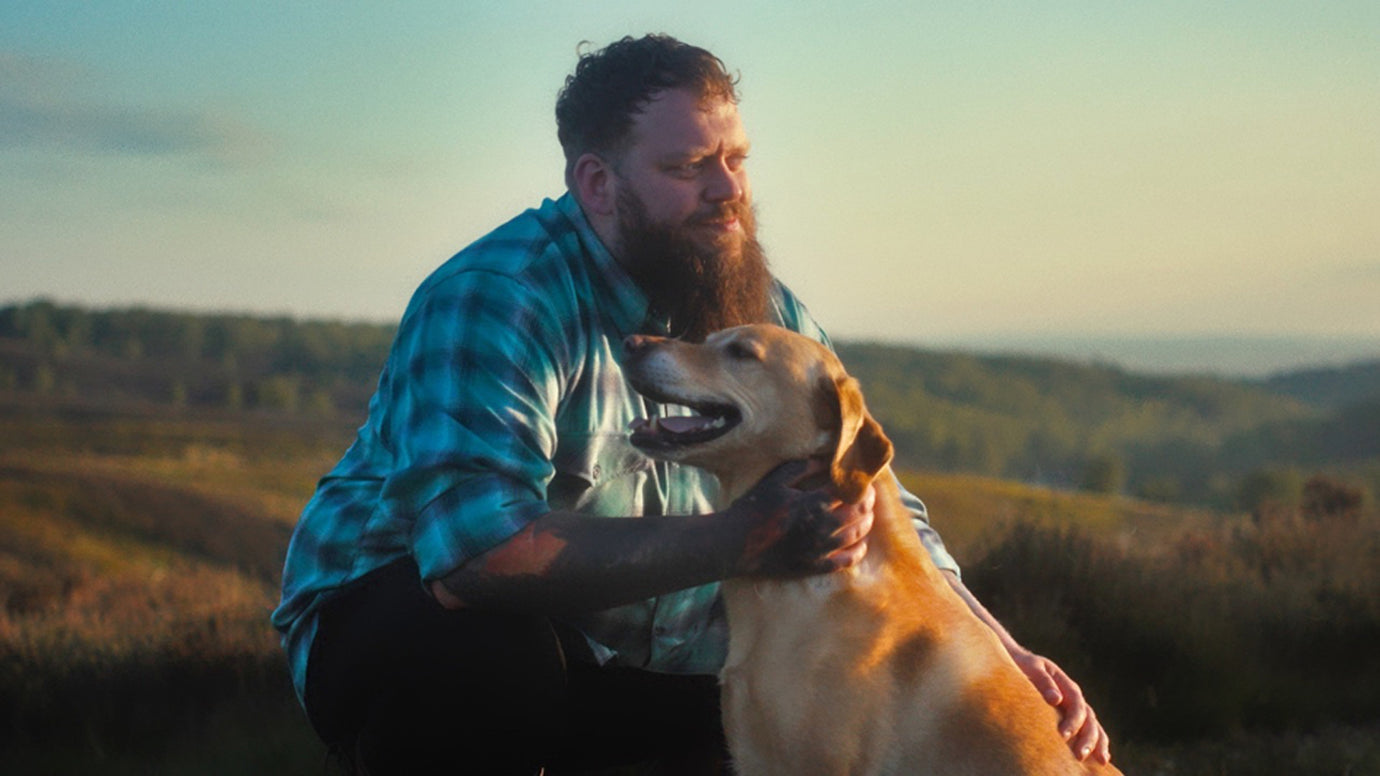Poorly pooch? Dealing with your dog or puppy with carsickness

It is a simple fact of life that virtually every dog in the country will need to make a journey in the car at some point in their lives, and for many dogs, travelling in the car is simply a part of their everyday routine, and thoroughly enjoyable.
We’ve already covered various issues surrounding transporting dogs by car, including safety and how to manage the journey, but what if your dog or puppy hates travelling and feels unwell or even vomits when in the car?
This can pose a problem for both you and your dog! Puppies are significantly more likely to get carsick than adult dogs are, just as children are more prone to the problem than adults. You may find that in time, your young dog outgrows their carsickness, although this is by no means always the case.
Also, it is important to remember that if your puppy begins building up negative associations with car travel due to sickness when they are young, this may cause them to be unhappy in the car or reluctant to travel in later life, even if they outgrow their car sickness.
Precautions to take to reduce carsickness in dogs
When travelling with any dog, even one that is used to car journeys, there are a few things that you can do to make the journey more pleasant for them.
• First of all, the atmosphere and air pressure of a closed up car can cause dogs problems with their ears, so open two or three of the windows a couple of inches to ease the pressure.
• Make sure that your dog’s location in the car is safe, and that they will be restrained in the case of any accident. Getting hurt in the car is one way to ensure that your dog will not look forward to future journeys.
• Allow your dog to see out of the window and face forwards.Getting your dog used to travel and dealing with carsickness
If your dog does suffer from carsickness, there are various ways that you can help to make journeys easier for them and hopefully in time, ease their and other symptoms. In order to do this, you will need to change the way that you handle car journeys, and so change your dog’s expectations of them and reduce their fear and/ or the physical discomfort that can lead to vomiting.
• In the first instance, reduce the car journeys that your dog takes as much as possible. A couple of weeks with no car journeys can help to provide a clean slate to work with and give you a chance to start from scratch.
• Consider asking your vet about natural remedies for carsickness, such as ginger or mint, or if there is anything that they may be able to prescribe in the short term to help to lessen the sickness that your dog experiences. Never give human carsickness remedies to your dog unless your vet says this is ok!
• Try to get your dog used to the car, and getting into it and sitting in it for a little while without moving. Let your dog get in and out of the car as they wish to, leaving the door open, and possibly sitting in the car with your dog for a while.
• When you are about to set off on a journey, ensure that your dog has all of the time he needs to make himself comfortable and sit himself down in such as way as to settle himself for the journey and give him the best chances of holding onto his lunch!
• Try taking your dog on very short trial journeys- just five minutes at a time. Stop as soon as your dog appears to feel unwell, and let them out if possible. If this is not possible, at least try to open the door for a little air (while ensuring that they are safely restrained from jumping out into the traffic.)
• Over time, build up the length of your journeys gradually, as your dog should be able to manage longer and longer in relative comfort and without feeling or being sick.
• Always drive with your dog in mind when he is in the car: safely, smoothly and carefully. Try to avoid jerking the car around or stopping suddenly if at all possible.
• Remember to offer your dog water after they are sick, as vomiting can lead to dehydration.
• If your dog is prone to vomiting in the car, it makes sense not to feed them a large meal immediately before the trip, although hunger and an empty stomach can make travel sickness worse.
• Never punish or shout at your dog for being sick in the car (or at any other time). Dogs cannot help being sick any more than people can, and making your dog afraid or unhappy after being sick will only make matters worse the next time you travel.
Over time, the vast majority of both puppies and adult dogs will be able to become conditioned to car journeys without sickness. It is obviously sensible to get your dog used to the car gradually, and not to suddenly take your dog out on a journey of hours rather than minutes for their first trip, as once your dog begins to associate journeys with discomfort or sickness, the problem is exponentially more likely to repeat itself in the future.
(Article source: Pets 4 Homes)




